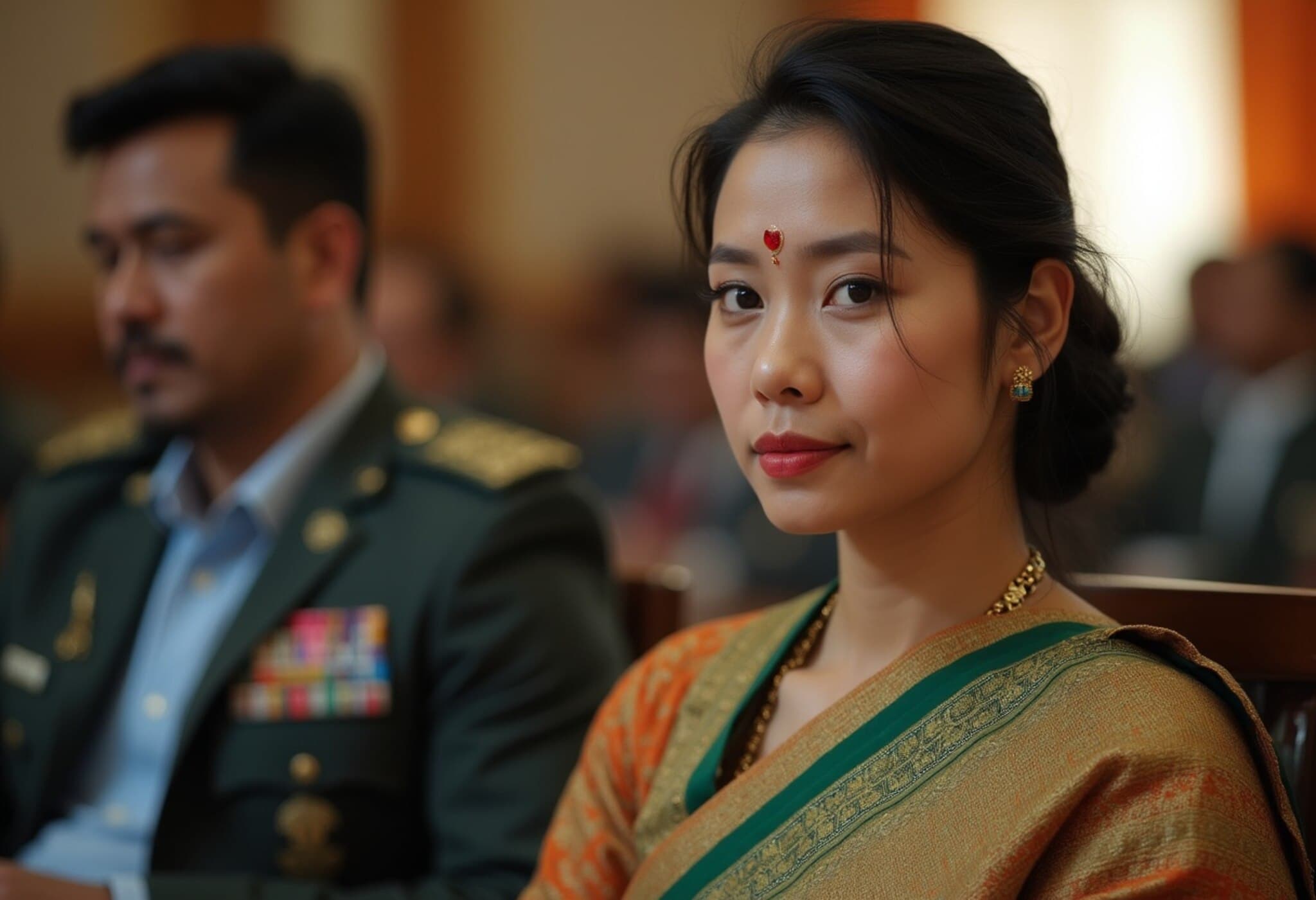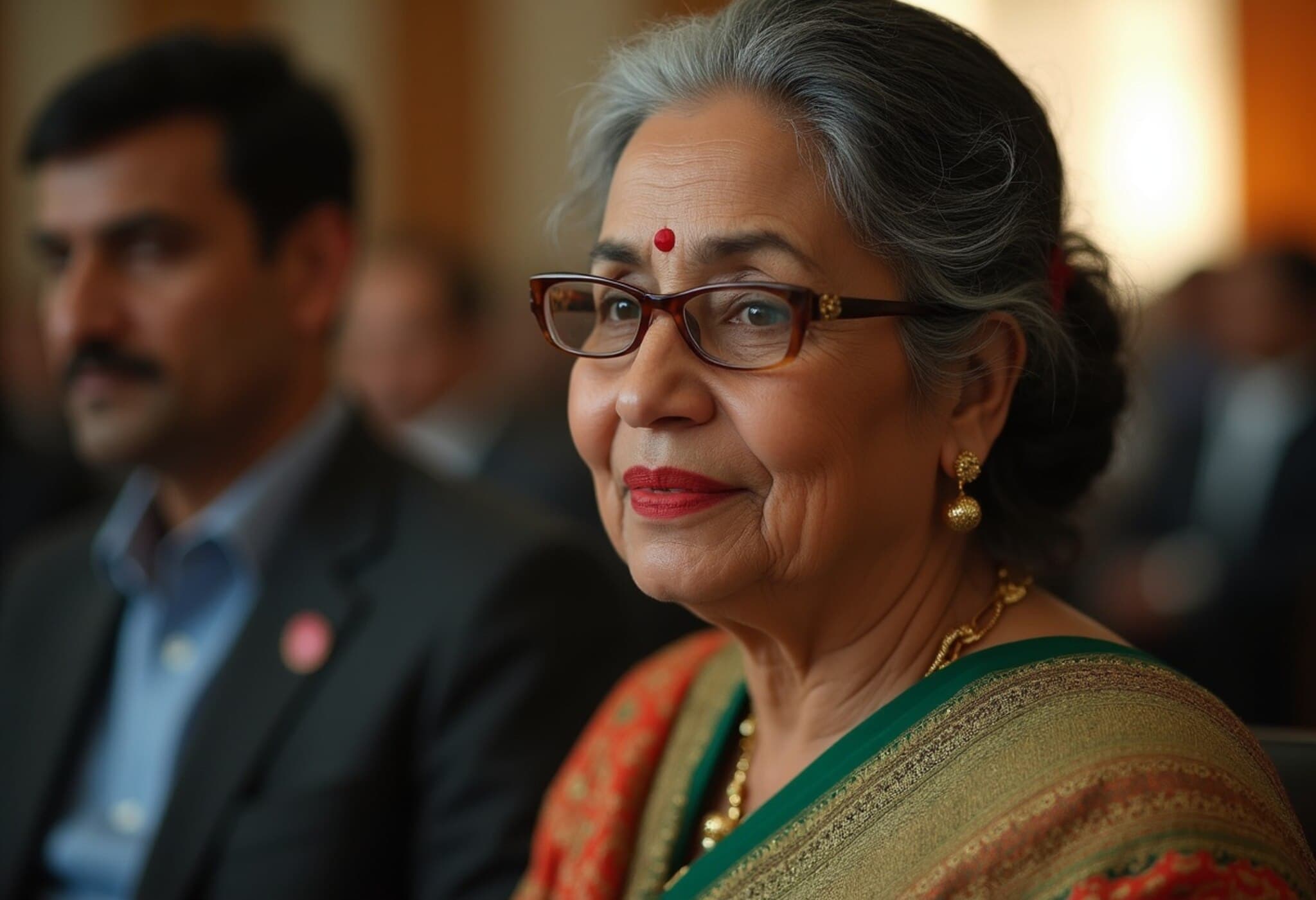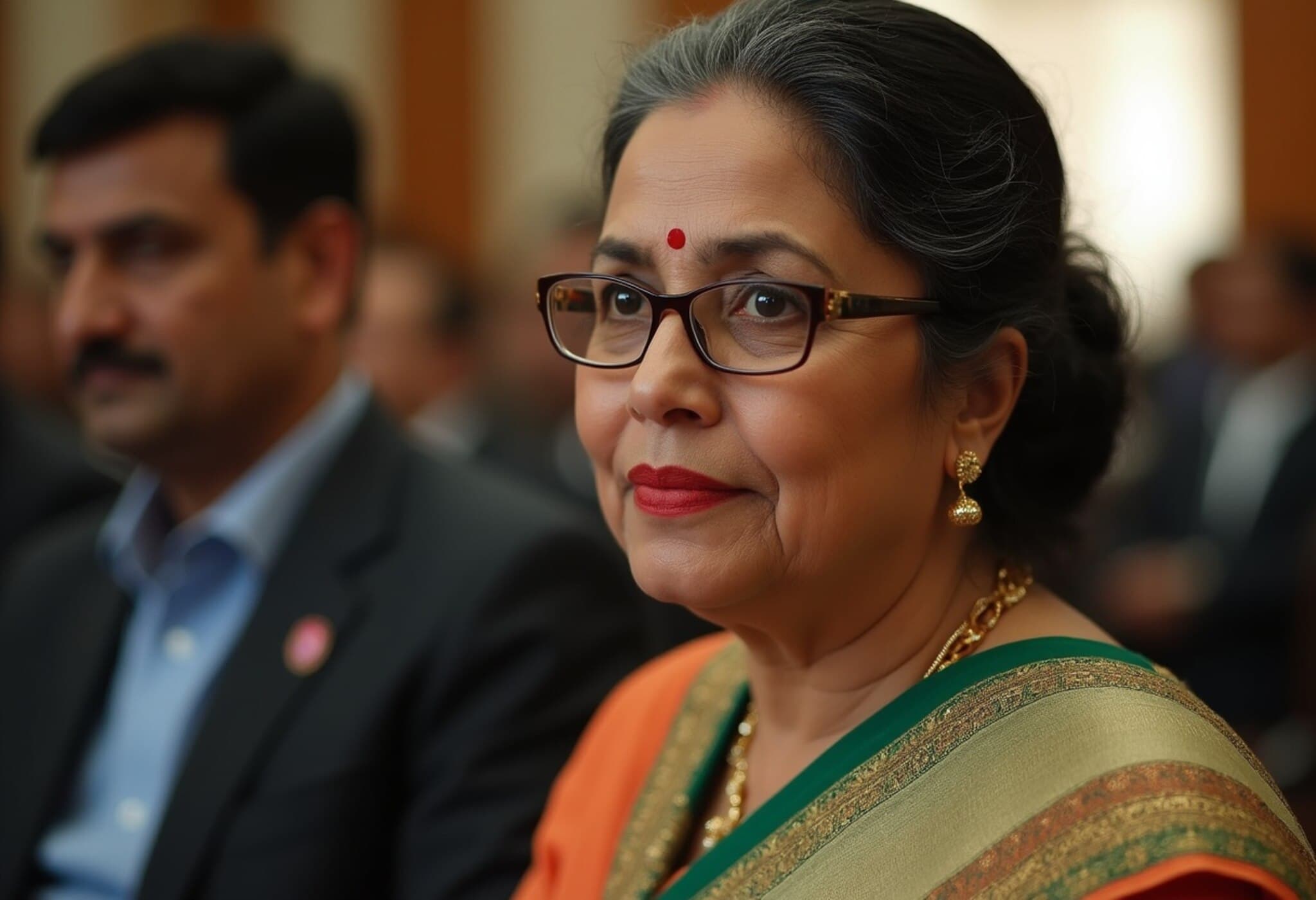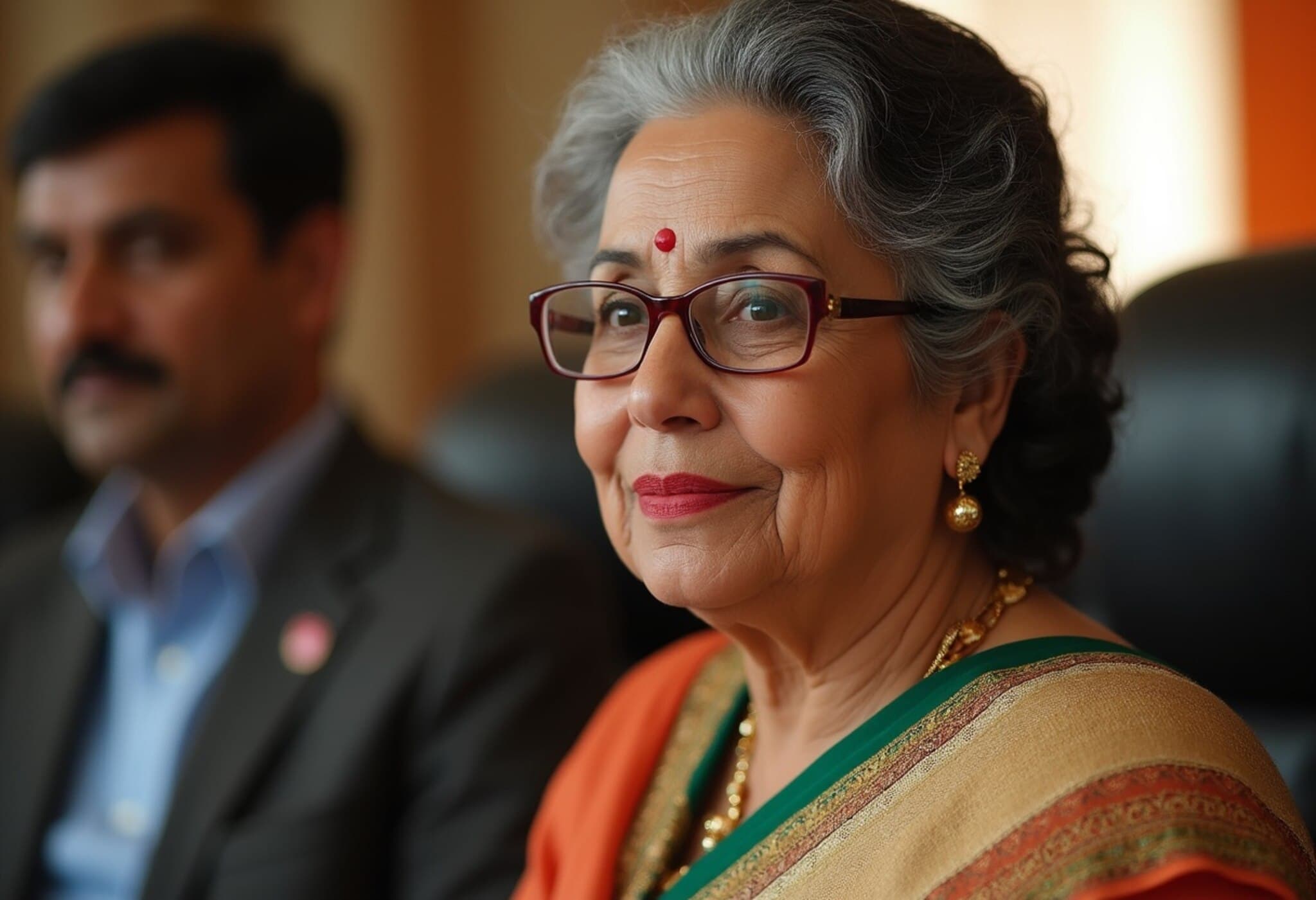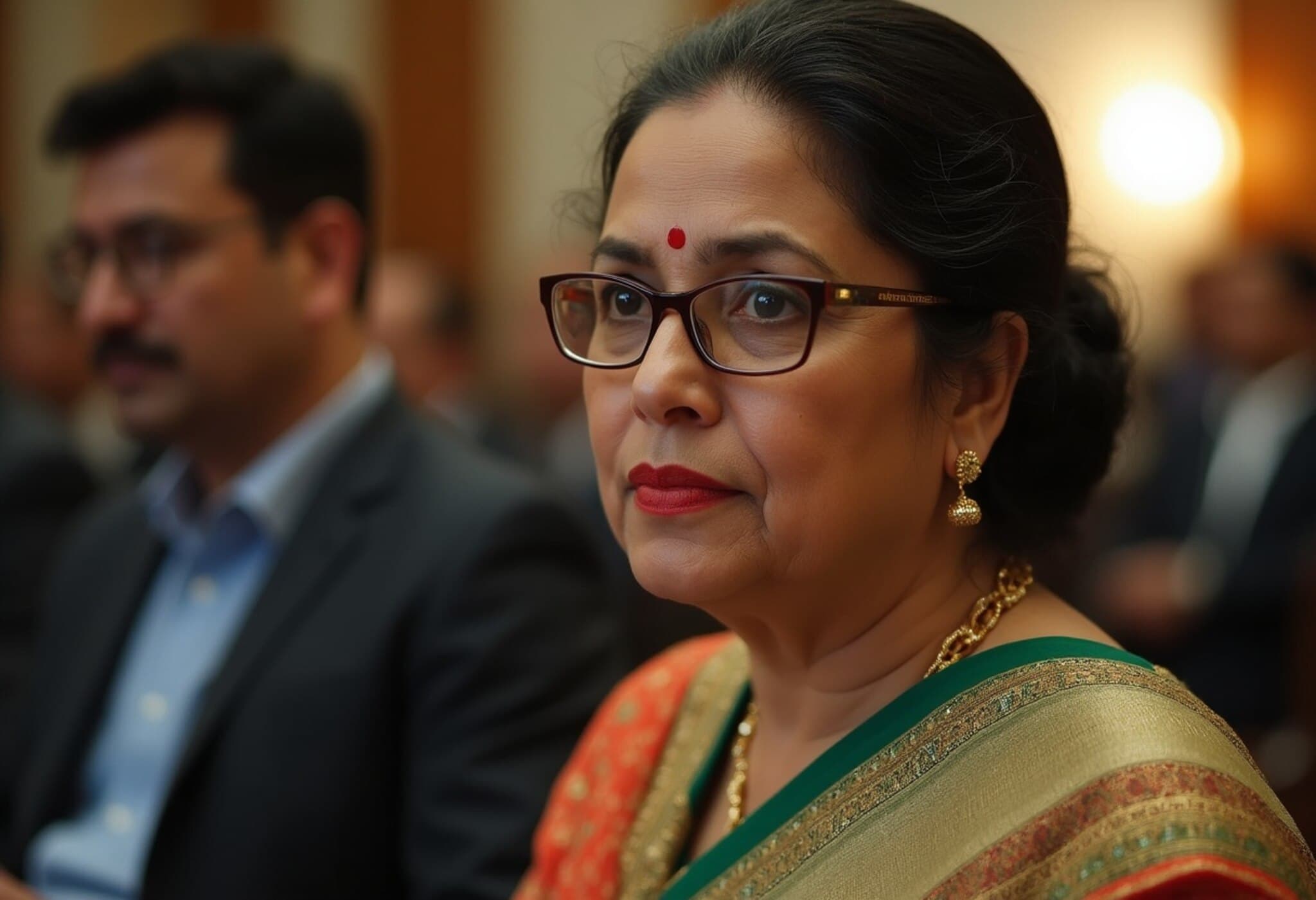Bangladesh’s Caretaker Government Revokes Controversial ‘Sir’ Protocol
In a bold move signaling a shift in bureaucratic culture, Bangladesh’s caretaker administration has officially dismantled a long-standing practice requiring female public officials to be addressed as “sir.” Previously entrenched during former Prime Minister Sheikh Hasina’s 16-year rule, this protocol is now being called an outdated relic incompatible with contemporary governance and gender norms.
Modernizing Bureaucratic Norms or Oversight in Consultation?
The caretaker government announced the change through an official statement on July 11, 2025, emphasizing the need to modernize government practices. Critics, however, argue that the decision was unilateral, lacking proper consultation with the women most affected by the policy. One female government official shared with AFP that many women had supported the original protocol, viewing the use of “sir” as a gender-neutral form of address that conferred respect uniformly.
This divide reveals a nuanced tension in evolving bureaucratic systems where symbolic language intersects with gender identity and authority. The caretaker government described the practice as “clearly odd,” labeling it a holdover from what they described as Sheikh Hasina’s “autocratic” administration.
Committee to Review Other Outdated Directives
Alongside overturning the “sir” protocol, the caretaker leadership has formed a committee tasked with critically reviewing other outdated or controversial administrative directives. This signals a broader intent to reform the public sector’s operational culture and make it more responsive to contemporary societal values.
Political Context: Sheikh Hasina’s Ousted Government and Legal Battles
Former Prime Minister Sheikh Hasina, now aged 77, was ousted following a student-led uprising in 2024. Since relocating to India, she has continued to wield political influence as the Nobel Peace Prize laureate and head of the interim government. The transition period, however, is marked by significant controversy. Hasina is currently facing multiple charges at Bangladesh’s international crimes tribunal, including allegations of command responsibility during a violent crackdown on anti-government protests in mid-2024.
The United Nations estimates that up to 1,400 people lost their lives during protests from July to August 2024. Despite these grave accusations, Hasina has publicly denied all wrongdoing, while her party, the Awami League, has criticized the tribunal’s legitimacy and transparency.
Expert Analysis: The Symbolism Beyond a Title
This seemingly small bureaucratic change — moving away from automatically addressing women as “sir” — carries larger implications about how gender, authority, and tradition collide in South Asian governance. Experts suggest that such symbolic reforms can drive deeper conversations about gender equality in institutions long marked by patriarchal norms.
However, the lack of inclusive dialogue in this decision raises questions about the balance between top-down reform and grassroots acceptance. For genuinely transformative change, administrators might need to ensure that reform processes include those directly impacted, allowing for a nuanced approach that respects differing perspectives within the female bureaucracy.
What This Means for Gender and Governance in Bangladesh
Bangladesh’s stance on the “sir” protocol serves as an insightful case study into how former cultural and political legacies can persist within governmental systems — sometimes in surprising ways. Removing a male honorific imposed on women marks an effort to deconstruct a patriarchal bureaucratic framework, aligning with global trends emphasizing gender-appropriate and respectful language.
- Potential shift toward gender-sensitive administration: Other nations with traditional bureaucracies may look to Bangladesh’s example as a litmus test for modernizing language and symbols.
- Policy reform amidst political instability: The caretaker government’s legitimacy is under scrutiny, making such reforms a double-edged sword in terms of public perception.
- The role of language in reinforcing or dismantling power structures: Titles and forms of address, though seemingly ceremonial, impact how authority and respect are conveyed.
Editor’s Note
Bangladesh’s decision to abolish the “sir” protocol for female officials raises profound questions about how societies reconcile tradition with inclusivity. While linguistic reforms are vital pasos toward equality, they should be pursued with inclusive dialogue to reflect the voices of those they affect most. Observers should watch closely how ongoing administrative reforms unfold amid the country’s complex political shifts, and whether such changes can catalyze broader gender progress without alienating key stakeholders.
In a region where gender politics remain deeply entwined with governance, Bangladesh’s experience underscores a universal truth: meaningful reform requires balancing respect for institutional heritage with evolving societal values and the lived realities of diverse populations.
— An Expert Analyst on South Asian Governance and Gender Equality

